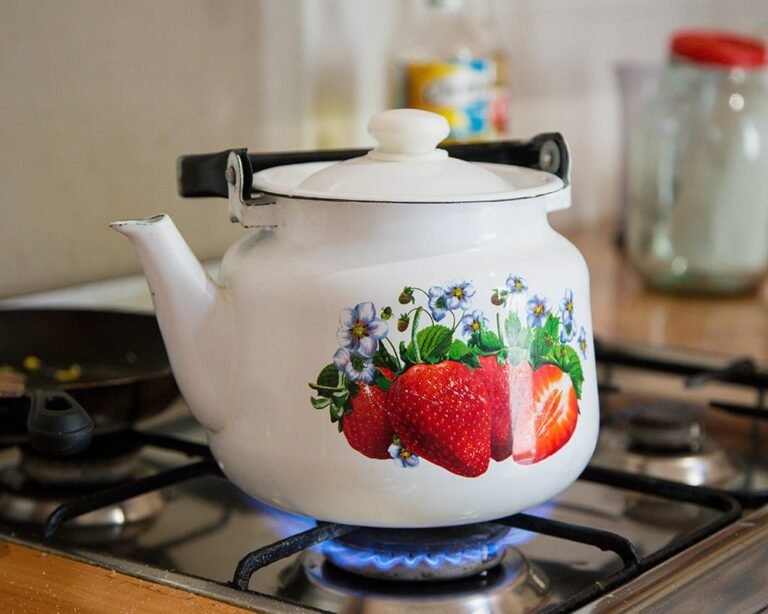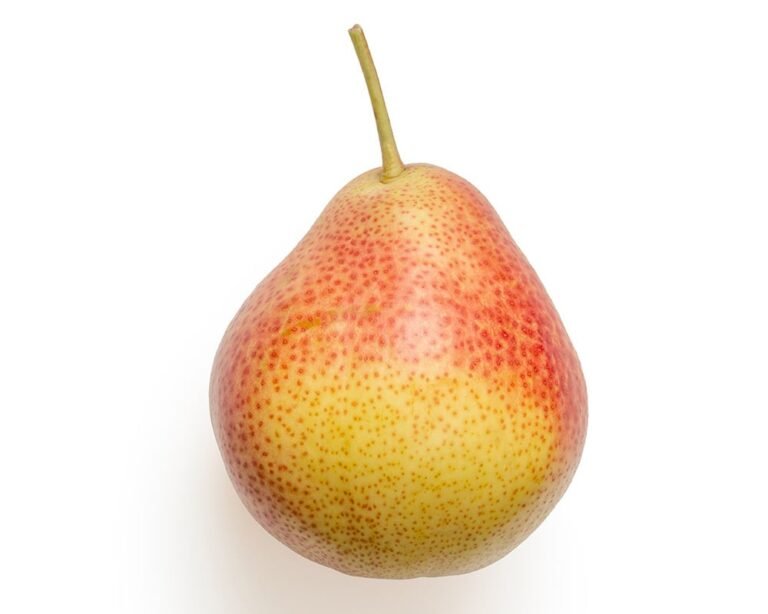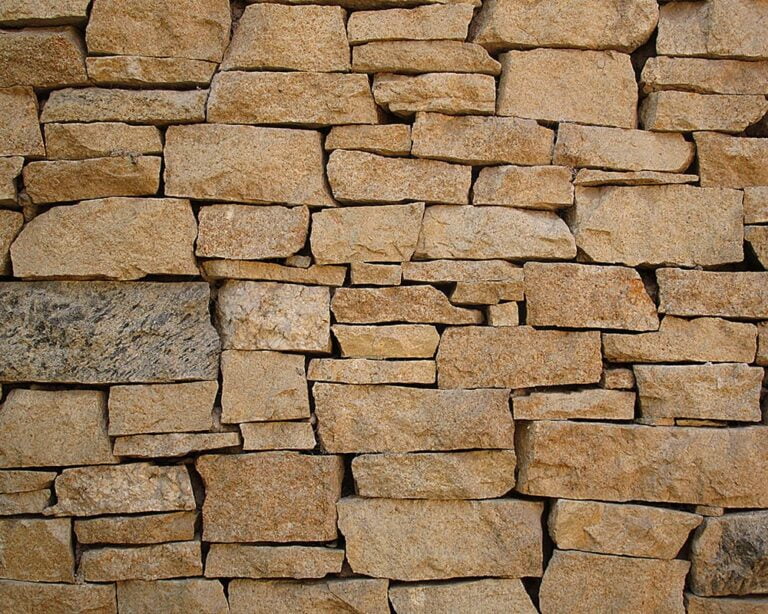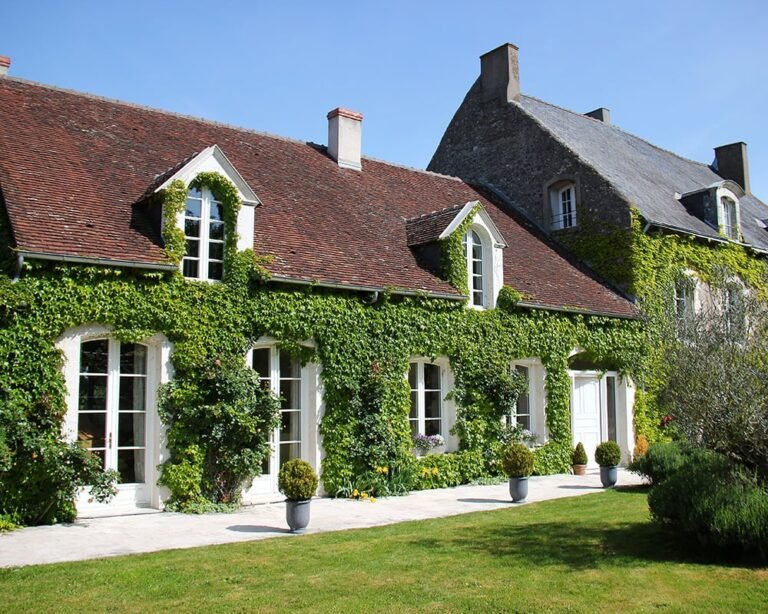Verb: bouillir
The French verb “bouillir” means “to boil.” It is conjugated irregularly in the Present tense. So it must be memorised. Present tense It is only the Present tense of bouillir that is irregular. So this is the only part you need to memorise. Passé composé In the Passé composé, “bouillir” is conjugated with “avoir,” like…









